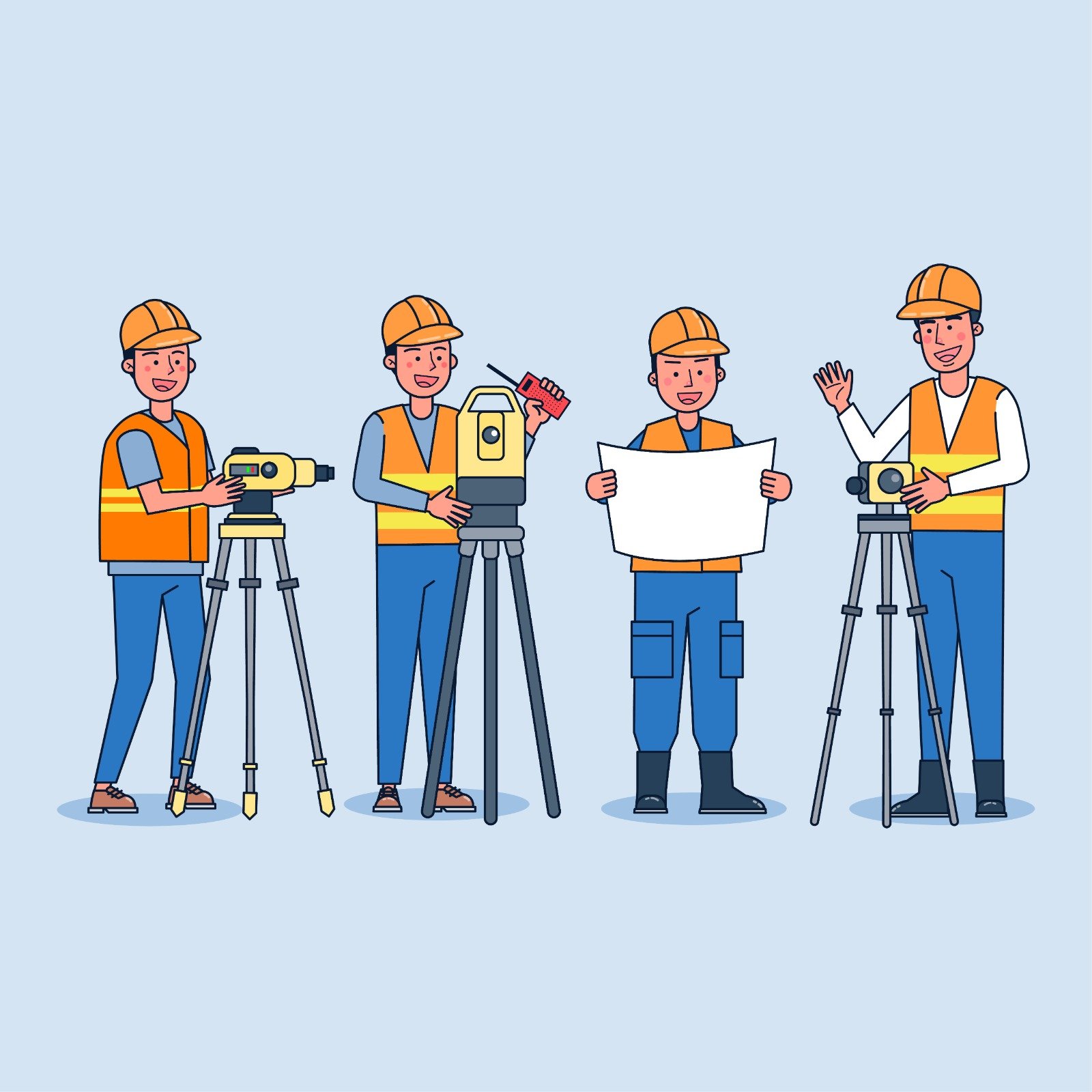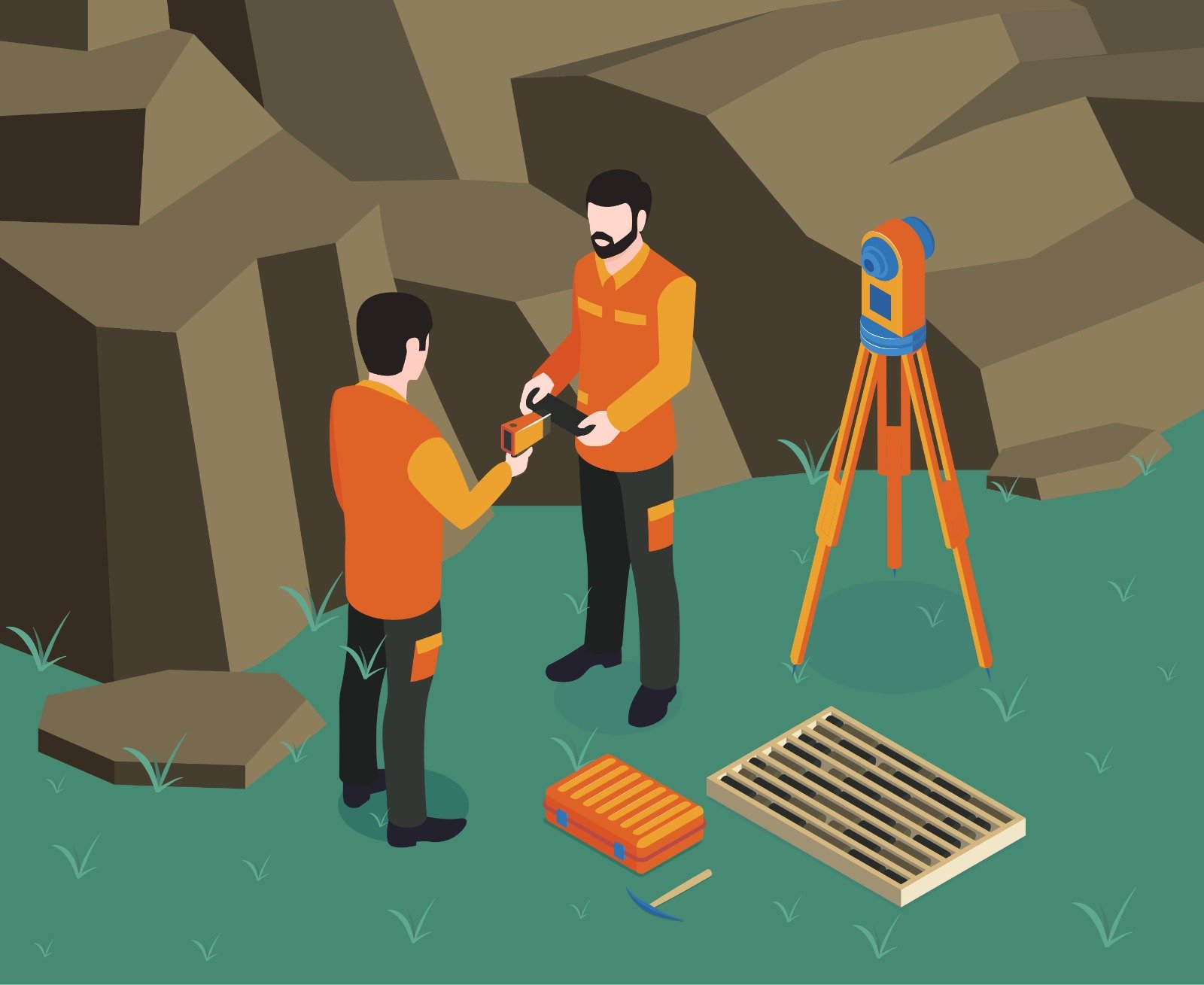



What Is Land Surveying ?
Land surveying is the process of determining, measuring and mapping the location, dimensions, and boundaries of a piece of land. It involves the use of specialized instruments and techniques to determine and depict the precise location, shape, and elevations of a property or piece of land.
The purpose of land surveying is to establish and mark boundaries, to create accurate maps, and to provide data for construction, land use planning, and various other purposes. Land surveying is a critical aspect of civil engineering and construction, and it is essential for a wide range of applications, including land use planning, development, construction, land management, and property disputes.
WHY DO I NEED A LAND SURVEY ?
Property boundaries
A land survey can help establish the exact location of your property boundaries, which can be important for resolving disputes with neighbors or determining where you can build structures on your property.
Property purchases
If you are buying a piece of land, a survey can help ensure that you are getting the correct amount of land and that there are no boundary disputes or encroachments on the property.
Zoning and land use
A survey can provide information about the topography and features of the land, which can be important for zoning and land use planning.
Construction
If you are planning to build on your land, a survey can help determine the best location for structures, as well as provide information about the elevation and drainage of the land.
Land value
A survey can provide an accurate assessment of the size and condition of the land, which can be important for determining its value for appraisal or sale purposes.
Legal disputes
If there is a legal dispute involving your property, a survey can provide objective evidence of the location and condition of the land.
In summary, a land survey can provide valuable information about the location, size, and features of a piece of land, which can be important for a variety of reasons, including property ownership, construction planning, and legal disputes.